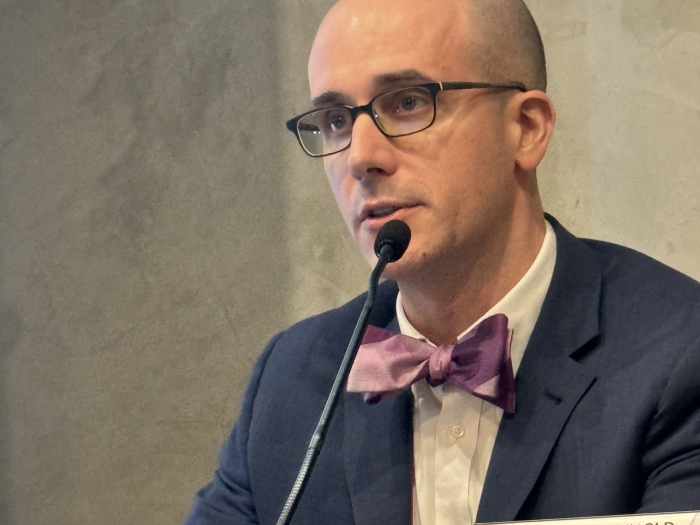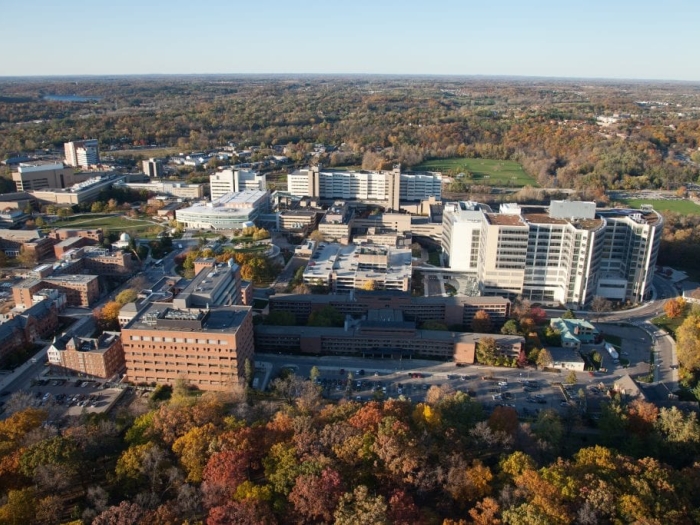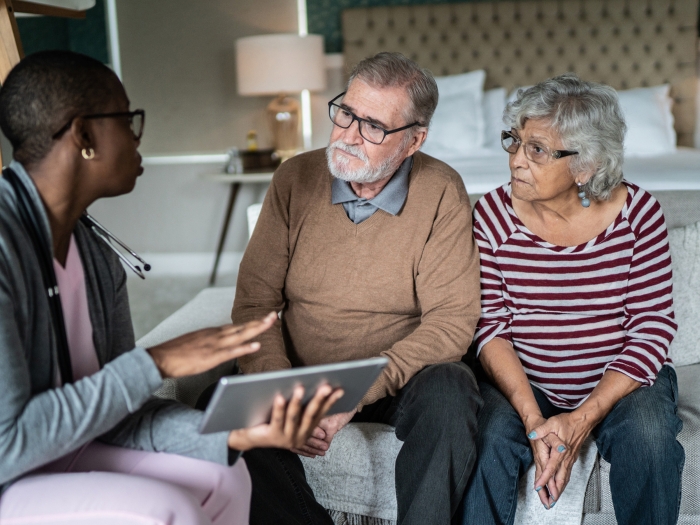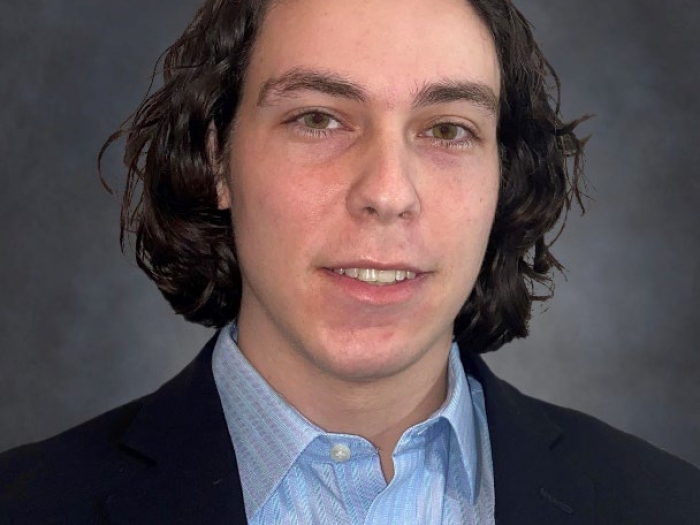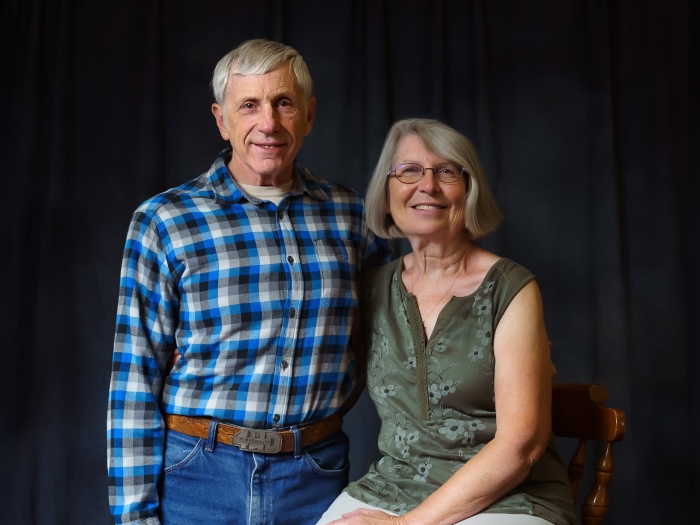Hi everyone!
After a long, restful summer, it's great to be back in Ann Arbor, jumping right into M2 year. For this blog post, I've decided on the theme, "Things I didn't expect about medical school." Here we go!
1) I'd be excited about a single specialty (or two) very early on. This past summer, my research entailed looking at late effects of proton radiation on survivors of childhood cancer. Through this experience, I was able to spend time in clinic meeting young patients and their families, from recently diagnosed toddlers to teenagers at their 9-year follow-up appointments following successful medulloblastoma treatment. The project itself was quite fascinating too -- I learned how to interpret CT & MRI images of the brain, and how to draw 3D structures on fused images. By superimposing radiation treatment plans on top of the drawings, I could extract dose information, with which we found correlations to long-term changes in neurocognitive performance. Getting back to this paragraph's headline, neurology and oncology are both jumping out at me as fields of interest. But then again, the M2 Cardiovascular sequence has been pretty awesome so far, so maybe I'll change my mind again...and again.
2) The preclinical curriculum would be so flexible that I could write a book on the side. I've been working for the past year with 3 friends from college, and we have finally completed our 189-page manuscript, What Every College Science Student Should Know, and sent it off to our publisher to begin the peer review & editing process. Definitely was an exciting project that consumed the better part of my time outside studying during M1 year, but more importantly, we envision it helping incoming college students who hope to follow an academic course of study in the sciences.
3) I could actually be more efficient with my week by going to class. This sounds obvious, but if you happened to read one of my previous blog posts, I streamed many of my M1 lectures from my apartment and from various sides of the country. However, with the lecture hour count significantly higher than M1 year, I couldn't possibly focus long enough on my computer to make it through all of them online. Returning to Med Sci II and joining my friends in South Lecture Hall for live lectures has made M2 year pretty awesome so far.
That's all for now. Hope everybody enjoyed the long weekend!
Best, Andy

Department of Communication at Michigan Medicine
Want top health & research news weekly? Sign up for Health Lab’s newsletters today!
